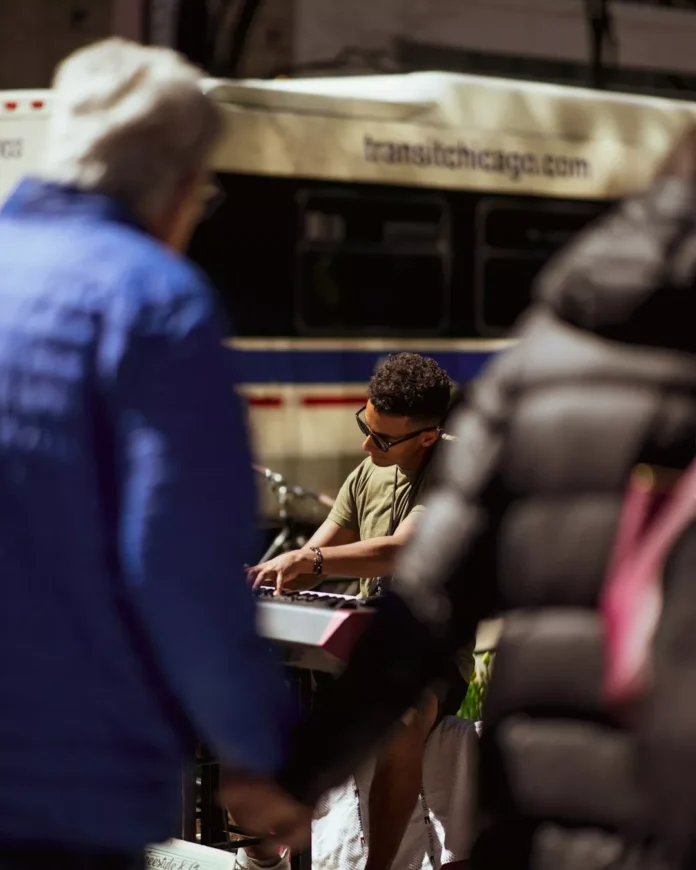Forming journalists is a crucial aspect of the media industry, as it ensures the delivery of accurate and reliable information to the public. In recent years, there has been a growing need for journalists to be trained in investigative journalism, especially when it comes to exposing organized crime and corruption. This is where the workshop on investigative journalism, “Ndrangheta Stereotypes and Reality” comes into play, led by the experienced journalist Claudio La Camera.
The workshop aims to train aspiring journalists in the techniques and methods of investigative journalism, with a focus on exposing the truth behind the notorious Italian organized crime group, the ‘Ndrangheta. This workshop is not just about highlighting the negative aspects of the ‘Ndrangheta, but also shedding light on the positive experiences and stories of those who have been affected by their criminal activities.
Claudio La Camera, who has been a journalist for over 20 years, has extensive experience in investigative journalism and has covered many high-profile cases. He has also been recognized for his work, having won prestigious awards such as the “Journalist of the Year” award. With his expertise and knowledge, La Camera is the perfect mentor for aspiring journalists who want to make a difference through their work.
The workshop is not just a theoretical course, but a hands-on experience for the participants. It includes practical exercises, case studies, and real-life examples, giving the participants a taste of what it takes to be an investigative journalist. The participants are also given the opportunity to work on a real investigation, under the guidance of La Camera, which is a unique and valuable experience for any aspiring journalist.
One of the main focuses of the workshop is to break the stereotypes surrounding the ‘Ndrangheta. Often, the media portrays this criminal organization as a group of ruthless and violent men, but the reality is much more complex. Through the workshop, participants learn about the history, structure, and operations of the ‘Ndrangheta, gaining a deeper understanding of this criminal organization. This helps them to avoid perpetuating stereotypes and instead, focus on uncovering the truth.
The workshop also delves into the legal aspect of investigative journalism, as it is essential for journalists to have a solid understanding of the law when conducting investigations. Participants learn about the legal boundaries and limitations of investigative journalism, as well as the ethical considerations that must be taken into account. This ensures that the information gathered is not only accurate but also legally obtained.
One of the most significant highlights of the workshop is the opportunity to attend the trial of a high-profile ‘Ndrangheta member. This gives participants an inside look into the legal proceedings and the chance to witness firsthand the impact of investigative journalism on the outcome of a trial. This experience is invaluable, as it shows the power of journalism in bringing justice to those affected by organized crime.
The workshop also covers the topic of “sequestro processo,” which refers to the practice of withholding information from the public during an ongoing investigation or trial. This is a common practice in Italy, and participants learn about the legal and ethical considerations surrounding this issue. This knowledge is crucial for any journalist, as it ensures that they do not unknowingly violate the law while conducting their investigations.
In conclusion, the workshop on investigative journalism, “Ndrangheta Stereotypes and Reality,” is a valuable and necessary training for aspiring journalists. Led by the experienced journalist Claudio La Camera, it equips participants with the skills, knowledge, and ethical considerations needed to become successful investigative journalists. By breaking stereotypes and highlighting both the negative and positive aspects of the ‘Ndrangheta, this workshop aims to create a new generation of journalists who can make a positive impact on society through their work.

